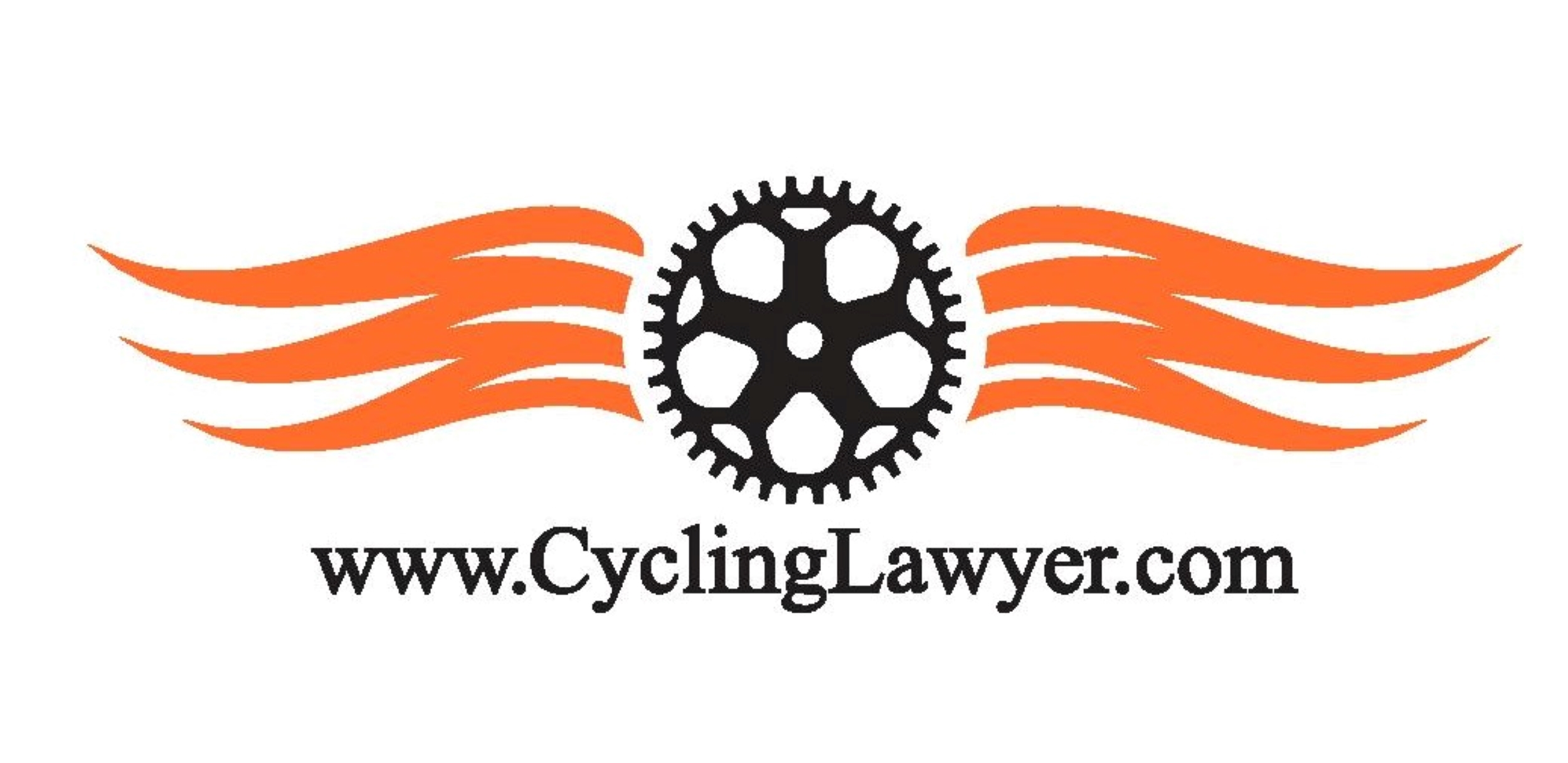COVID-19 Waivers: Are Races Liable If We Get Sick?
As we roll into the final month of summer, more and more cyclists have felt the itch to ride in groups and even race. If you do participate and get COVID-19, is the race promoter at fault?
Like so many elements of normal life, the spring and summer of 2020 have left many cyclists feeling as though they’ve missed out on annual traditions. Just as we’ve missed time with friends and family, parades and festivals, and the trips that we enjoy each year, cyclists have also gone without races that serve not only as competitions but connection with community. Over the past two weeks, a number of small bicycle races have attempted to host riders safely. As of yet, there have been no positive cases linked to bike races in the state of Michigan, but what happens when that changes?
First, it’s almost a certainty that positive COVID-19 tests will happen as the result of bike races are some point. In spite of the myriad healthy and safety measures practiced and encouraged, any event that brings groups of people together, even outdoors, raises the degree of risk. Just like opening schools or employers bringing their workers back to the office, there’s every reason to expect transmission.
However, for cyclists, there’s nothing essential about racing, at least at the amateur level. While working for a living or educating our youth is imperative, the world will still turn if hobby cyclists don’t race. If those same cyclists do choose to race, how much liability does a promoter take responsibility for?
That’s a question being asked by businesses around the world, and one that hasn’t been definitely answered. In effect, a rider catching the coronavirus at a race isn’t too different from, say, a diner catching the virus at a restaurant. Both the diner and the cyclist chose to put themselves in that position. How much of the fault comes from the race or business owner in that situation?
Race promoters have been working for months to determine a comprehensive list of best practices. USA Cycling has offered plenty of resources for event organizers to establish risk, incorporate safety measures, and communicate with participants to mitigate transmission. They’ve also added COVID-19 specific language to event waivers to discourage legal action against promoters and event sponsors.
No doubt, you’ll be seeing plenty of those waivers away from the race course, too. There’s a strong movement at the national level to introduce new liability standards to protect businesses from lawsuits due to coronavirus. One of the key elements to establishing liability is examining if businesses (and race promoters) followed the most recent guidelines set by local, state, and federal health experts. The event needs to adhere to crowd size, social distancing, hand=washing and face covering mandates, as well as reduce risks posed by elements of races like packet pick-up, mass starts, and more.
Racers first need to weigh the risk of any group activity for themselves, putting vital activities like getting groceries in perspective with elective events like group rides or races. They should use their own health status, the procedures introduced by the race, and the current coronavirus situation in their hometown and that of the race venue to make an informed and responsible decision. It’s too early to say how courts will rule on cases such as this, but it’s not worth getting sick and having to find out.

